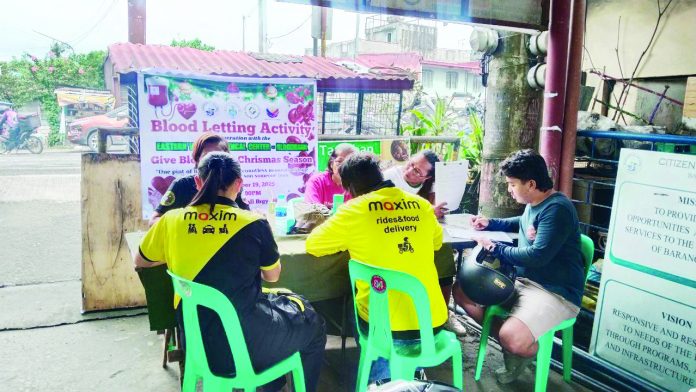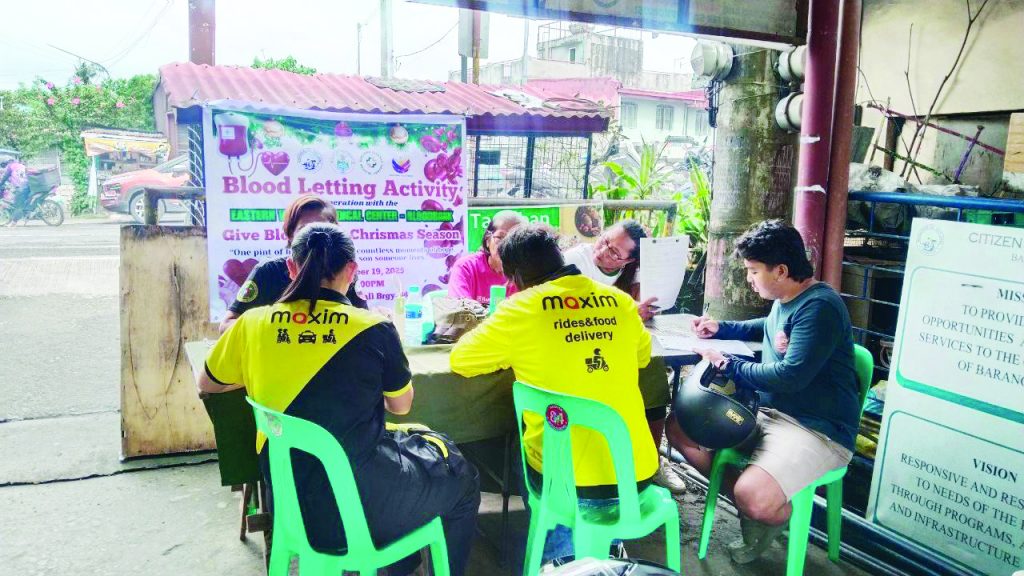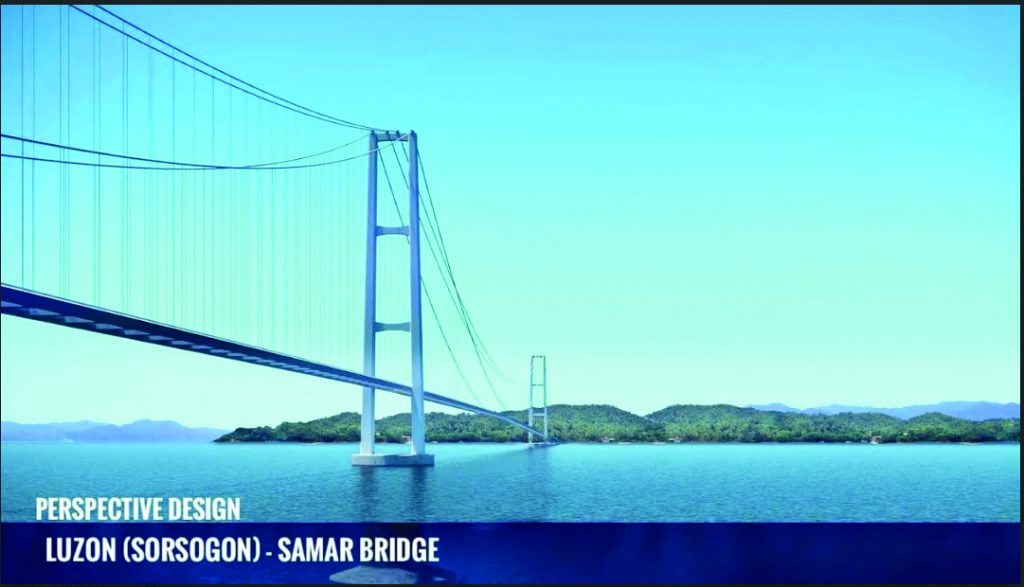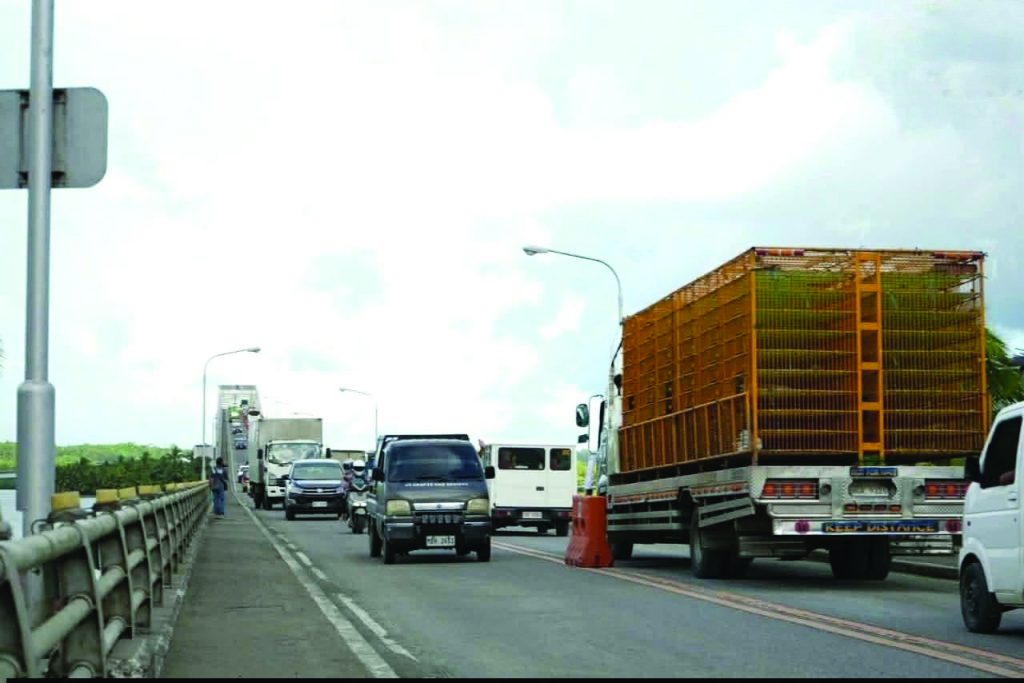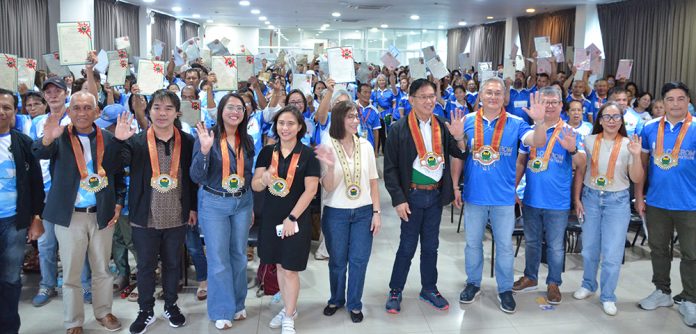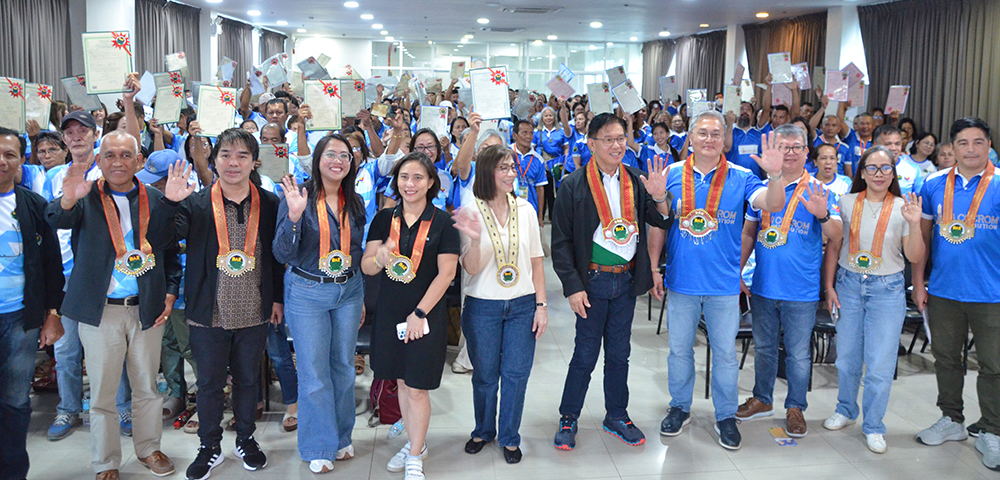TACLOBAN CITY — The Police Regional Office 8 (PRO-8) reported significant accomplishments in its law enforcement and security campaigns in Eastern Visayas in 2025, citing major gains against illegal drugs, insurgency, illegal fishing, gambling, logging, loose firearms, and wanted persons.
From January 1 to December 31, 2025, PRO-8, under the leadership of Regional Director PB/Gen.Jason Capoy, implemented intensified operations aimed at maintaining peace and order across the region.
In its anti-illegal drugs campaign, PRO-8 conducted 1,085 operations that led to the arrest of 1,310 suspects. Authorities seized a total of 23,194.96 grams of illegal drugs, including 15,768.79 grams of shabu, 773.76 grams of marijuana, and 6,652.41 grams of cocaine, with an estimated street value of P113.91 million.
Supporting the government’s anti-insurgency efforts, PRO-8 facilitated the surrender of 204 members of the Communist Terrorist Group (CTG). During the same period, 60 firearms and 14 explosives were surrendered, while 34 CTG members were arrested.
The campaign against illegal gambling resulted in 709 operations, leading to the arrest of 1,891 individuals and the confiscation of P361,227 in gambling money.
PRO-8 also intensified enforcement against illegal fishing, conducting 1,990 operations that resulted in the arrest of 3,702 violators. Confiscated fish and fishing paraphernalia were valued at P173.06 million.
In the fight against illegal logging, the regional police carried out 436 operations, arresting 513 individuals and seizing logs and related equipment worth P6.6 million.
Efforts to curb the proliferation of loose firearms included 1,768 operations, which led to the surrender of 1,345 firearms and 14 explosives, the confiscation of 249 firearms and eight explosives, and the recovery of 20 firearms and three explosives.
Meanwhile, intensified operations against wanted persons resulted in 4,483 operations and the arrest of 4,513 individuals, including 566 most wanted persons and 3,947 other wanted persons.
PBGEN Capoy credited the accomplishments to the dedication of police personnel across Eastern Visayas. “These accomplishments reflect the office’s strong commitment to public safety, rule of law, and community partnership,” he said.
(JOEY A. GABIETA)

